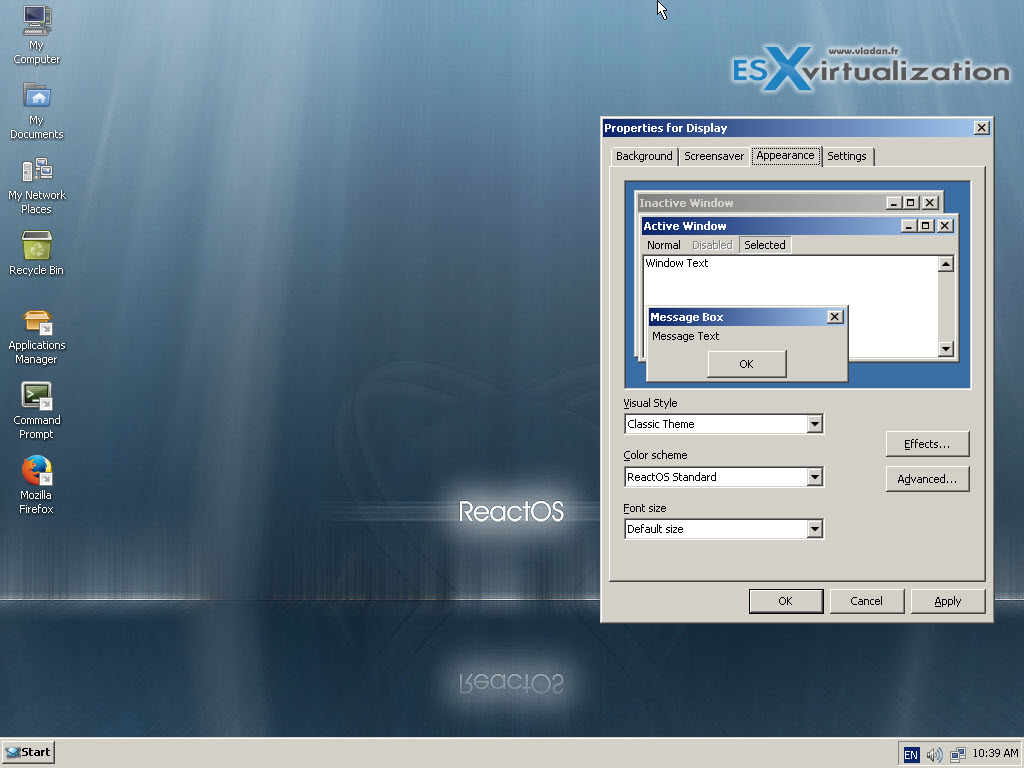
ReactOS is on a quixotic quest to reimplement Windows
#Reactos still in alpha android#
When I asked Fedora’s new community manager about the future of desktop Linux, he told me most people thought computers were a “horrible nightmare.” The future of desktop Linux seems to be powerful workstations, with Chrome OS and Android carrying the consumer Linux torch. I would go so far as to say that the severe lack of interest of developers into finishing R1 is a great indication in that there really hardly seems to be any place for a new (mainstream?) desktop operating system anymore? Even the Linux on the desktop guys seem to have ceased preaching their gospel.“Īnd they’re right. In fact, I do think that the PC-landscape has changed dramatically since the inception of the project, and I also underscore that there is a clear lack of focus when it comes to accomplishing our current mission. …Note that I am in no way upset about this evolution of the mission. Is that still our main goal? To create an operating system that specifically targets personal computing? Or have we evolved to the goal of a fun playground for OS-developers to play around with modern OS concepts? Inspired by the BeOS, Haiku is fast, simple to use, easy to learn and yet very powerful.’ “…why are we still working on Haiku? Quoting the mission statement from our homepage: ‘Haiku is a new open-source operating system that specifically targets personal computing.

The Haiku developers discussed this on their mailing list recently: Haiku is falling farther and farther behind. But it’s not mature-it’s still chasing a level of maturity BeOS was at in 1998.
#Reactos still in alpha drivers#
Even if Haiku was mature, it would be extremely difficult to keep up with the pace of change and create drivers for modern hardware. If you were waiting for Haiku, you’ve probably given up. It’s nearly 2015-17 years after Windows 98 stomped BeOS and 14 years after Haiku development started-and Haiku even isn’t in beta yet. Haiku released their first Alpha release in 2009, and the last release was another alpha release in 2012.

While it’s come a long way since then, it hasn’t come nearly far enough. People still miss BeOS, and still sit around playing “what if.” Haiku is an open-source project to recreate BeOS, complete with binary compatibility with BeOS applications. By the time Microsoft paid $23.5 million to Be Inc. sued Microsoft for pressuring Compaq and Hitachi to not release BeOS hardware and artificially depressing their IPO prices, but the damage was already done.


 0 kommentar(er)
0 kommentar(er)
